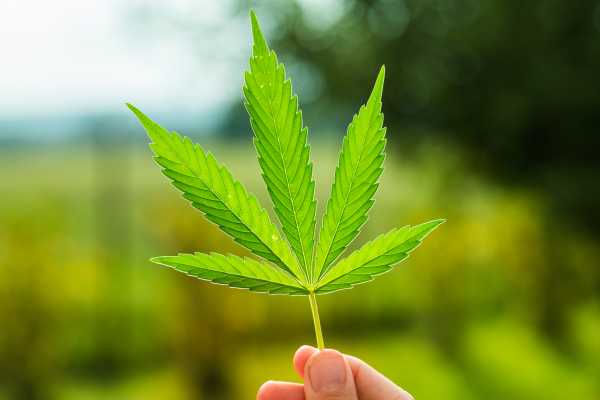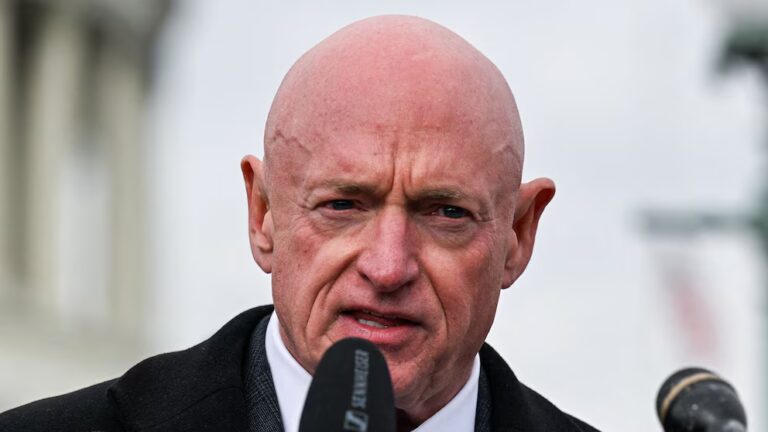
Hawaii on Tuesday decriminalized marijuana, making it the 26th state to decriminalize or legalize the drug.
The new law removes the possibility of jail time as a penalty for up to three grams of marijuana, but maintains a $130 fine. Hawaii’s Democrat-controlled legislature approved the bill and sent it to Democratic Gov. David Ige in May. Ige didn’t sign it, but he also didn’t veto it, effectively letting it become law on Tuesday. The new law will take effect on January 11, 2020.
“Unfortunately, three grams would be the smallest amount of any state that has decriminalized (or legalized) simple possession of marijuana,” the Marijuana Policy Project, an advocacy group, noted in a statement. “Still, removing criminal penalties and possible jail time for possession of a small amount of cannabis is an improvement.”
This is different from marijuana legalization. Under decriminalization, possession of small amounts of pot no longer carries jail or prison time but can continue to carry a fine, and possession of larger amounts, repeat offenses, and sales or trafficking can still result in harsher sentences. Under legalization, penalties for marijuana possession are completely removed, and sales are typically allowed.
Some opponents of legalization favor decriminalization as a step toward peeling back America’s harsh drug and criminal justice policies. They see “tough on crime” policies as too punitive and costly, but they don’t want to resort to full legalization, which they fear would make pot too accessible in the US and allow big corporations to sell and market the drug irresponsibly.
The concern for legalization advocates is that decriminalization keeps the ban on selling marijuana, which means users wouldn’t have a legal source for the drug, and criminal organizations would therefore still have a source of revenue that they can use for violent operations around the world. The fines, while less punitive than arrests or prison time, can also cause problems, since they’re often applied in a racially disparate manner.
Eleven states and Washington, DC, have legalized marijuana, although DC and Vermont don’t allow sales. Fifteen additional states, now including Hawaii, have only decriminalized.
So far, marijuana legalization has failed to gain serious traction in Hawaii’s legislature.
Supporters of legalization argue that it eliminates the harms of marijuana prohibition: the hundreds of thousands of arrests around the US, the racial disparities behind those arrests, and the billions of dollars that flow from the black market for illicit marijuana to drug cartels that then use the money for violent operations around the world. All of this, legalization advocates say, will outweigh any of the potential downsides — such as increased cannabis use — that might come with legalization.
Opponents, meanwhile, claim that legalization will enable a huge marijuana industry that will market the drug irresponsibly. They point to America’s experiences with the alcohol and tobacco industries in particular, which have built their financial empires in large part on some of the heaviest consumers of their products. This could result in far more people using pot, even if it leads to negative health consequences.
Hawaii doesn’t seem ready for legalization, but it has now embraced decriminalization.
For more on marijuana legalization, read Vox’s explainer.
Sourse: vox.com






